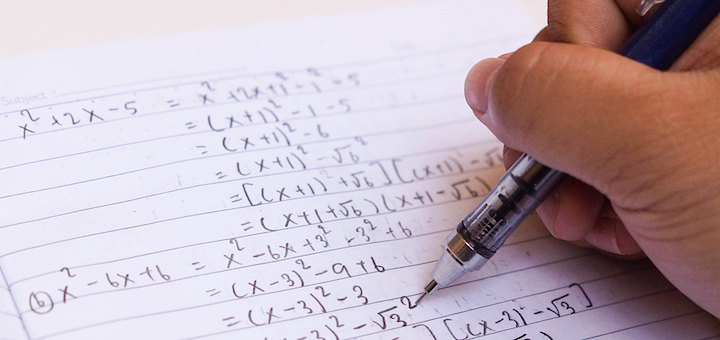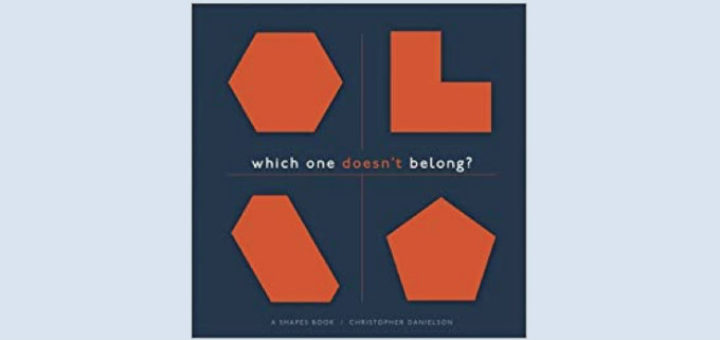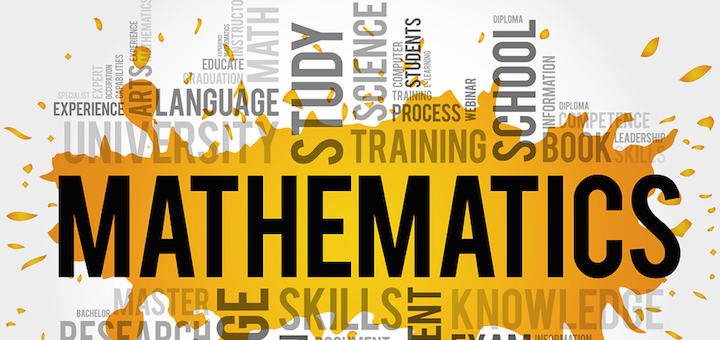Can I Have a Do-Over? A Debate Gone Awry
Recently Sarah Cooper’s history classes debated whether the electoral college should be abolished. Reflecting on the weeklong unit, Cooper concludes she “misstepped” in several ways. Learn what she plans to do differently next year, starting with a fresh debate topic.



















